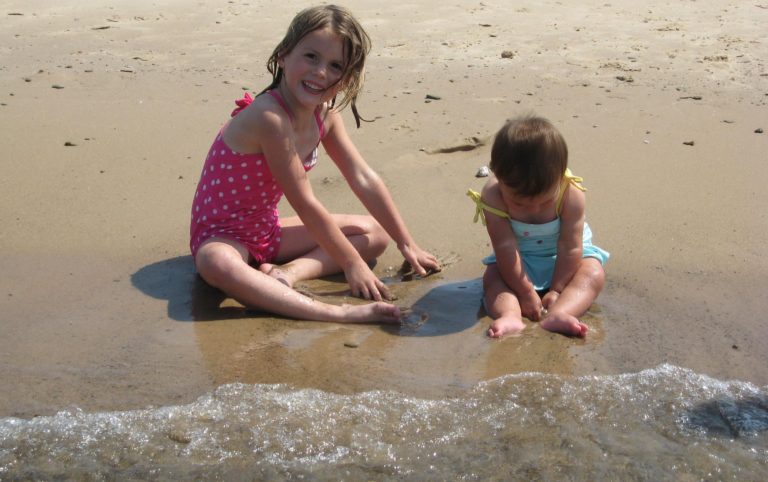What the Expanse Novels Taught Me About Planning
“I keep warning you. Doors and corners, kid. That’s where they get you.”
— Abaddon’s Gate (The Expanse, Book 3), by James S. A. Corey
Most people don’t go looking into novels for life advice … and, generally speaking, that’s probably for the best. A novel is primarily about telling a good story, and while there may be a moral to the story, that’s not usually the primary thrust of the book. (Nor should it always be: novels that moralize too much can be accused of being “preachy.”)
That said, a good story can give us things to think about, and occasionally even give us ways to think or re-think about how we live our own lives. Fictional characters can indeed inspire, and across any genre. There are people out there are who are lawyers today because of John Grisham, doctors because of forensic dramas, and astronauts because of Star Trek.
Some of the more ambitious and successful science fiction novel series in recent memory are the Expanse novels, written under the pen name James S.A. Corey. Corey is actually two people, Daniel Abraham and Ty Franck, and their books were so well-received that they were adapted as a TV series on the Syfy cable network for three seasons. (The show has been picked up for a fourth season by Amazon Prime.)
The books — and the TV series — have plenty of memorable lines, but one of my personal favorites deals with advice about “doors and corners,” given by a detective named Joe Miller to the series’ primary protagonist, James Holden. Miller’s advice, derived from well-worn police and military wisdom, is a warning to Holden: think about what may be behind each door and around each corner. In the novels, the implication is that there are unseen dangers out there … and, since these are sci-fi novels we’re talking about, there most certainly are dangers aplenty, many of them extraterrestrial.
I don’t know that being paranoid is necessarily great life advice, but I do think there is a useful takeaway from the visual image of doors and corners. Throughout life, there are countless decisions that we have to make, some big and some small. Sometimes the consequences don’t matter, and sometimes they are serious. There is, I think, value to the notion that, when it comes to decisions, we should be thinking about what lies around the corner after those decisions. What might happen next after we make a decision? What unseen obstacles or dangers might we face?
There is a potential peril to this thinking, no. It’s easy to agonize over decisions, sometimes to the point of becoming paralyzed with indecision. Or we can get caught up in the anxiety of uncertainty, especially because there is a limit to how much we can be sure about what’s around the corner. We can’t see the future, after all.
But it’s equally dangerous to not stop to think about decisions before we make them. I know many a person who has been caught up by the thrill of a decision (purchases are particularly dangerous things) without stopping to think about what that decision would really mean, or what complications that decision could create.
So the happy medium, I think, is to stop and think about decisions. What lies through that door I’m about to open? What unseen complications might be around the corner? And what can I do to prepare for those in the event that things go wrong?
Then, suitably aware, you take a deep breath, and walk carefully around the corner, knowing that you’ve done the best you can.







